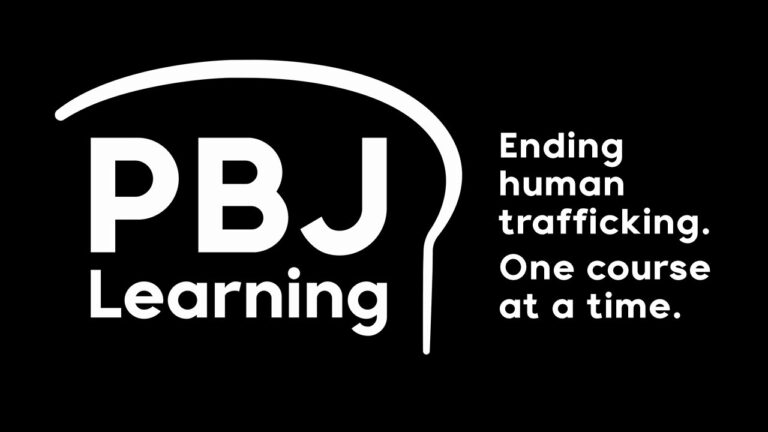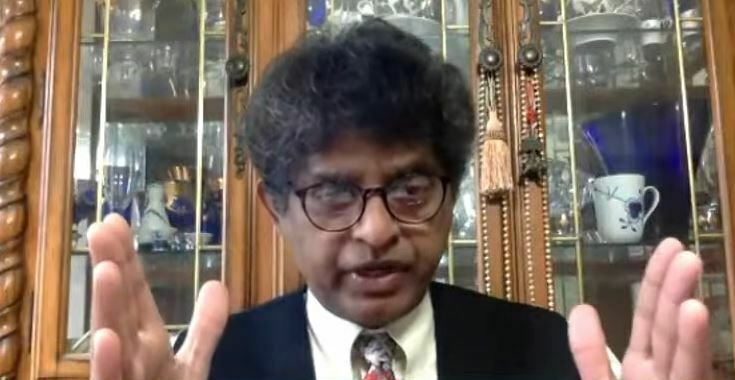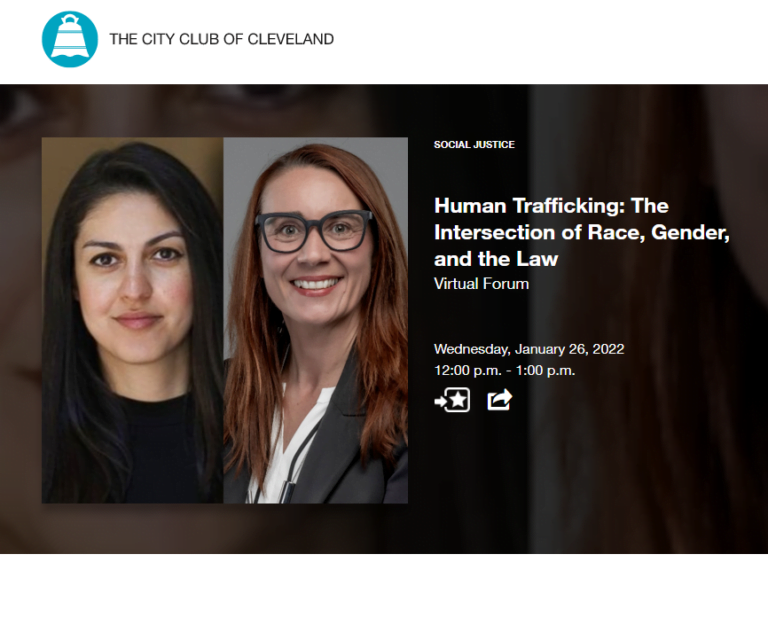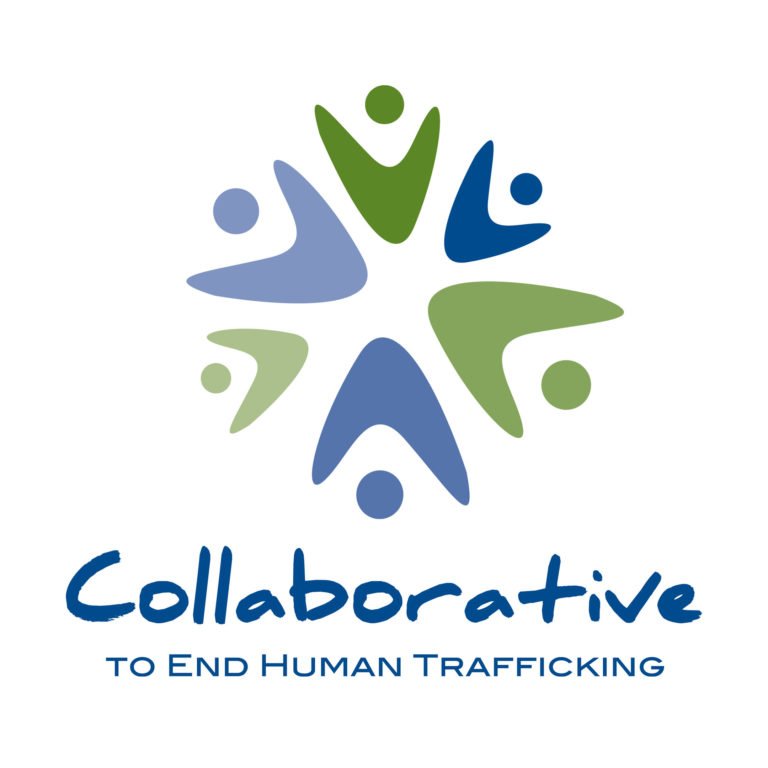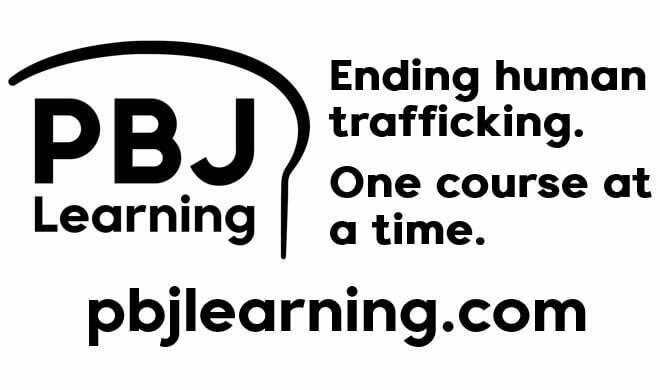The Silenced Minority: Sex Trafficking of Males
Originally published on the Human Trafficking Institute’s website by Emma Bykerk | Feb 11, 2022 Introduction In 1998, President Bill Clinton stated that his administration was “committed to combatting trafficking in women and girls.”[i] Two years later, he signed into law the Trafficking Victims Protection Act (TVPA).[ii] Although the TVPA was a huge milestone in the anti-human-trafficking movement,[iii] its enactment was motivated by a singular focus…

